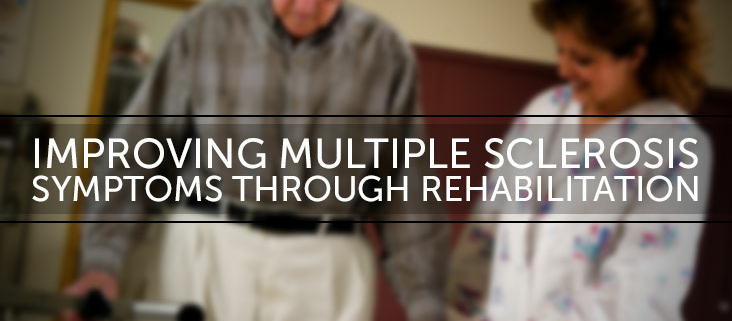With fall around the corner, participation in football and other cooler-weather sports and activities will grow – along with the potential for concussions.
A concussion is a brain injury that’s caused by a blow or jolt to the head or body. Concussion symptoms can occur immediately or days/weeks later. Signs of a concussion can include:
- Headache
- Nausea
- Dizziness
- Blurred vision
- Concentration or memory issues
- Change in sleep habits
- Feeling sluggish/”foggy”
- Light sensitivity
Early treatment of the symptoms of a concussion may help speed recovery and prevent further injury down the road. If an incident occurs and you suspect a concussion, ask the person immediately and then again a few minutes later:
- What day is it?
- What month is it?
- Repeat these words: Girl, dog, green (ask to repeat again a few minutes later)
- Repeat the days of the week backward
If the individual appears confused and is unable to answer these questions, it could be a concussion.
End all activity and consult a physician immediately.



